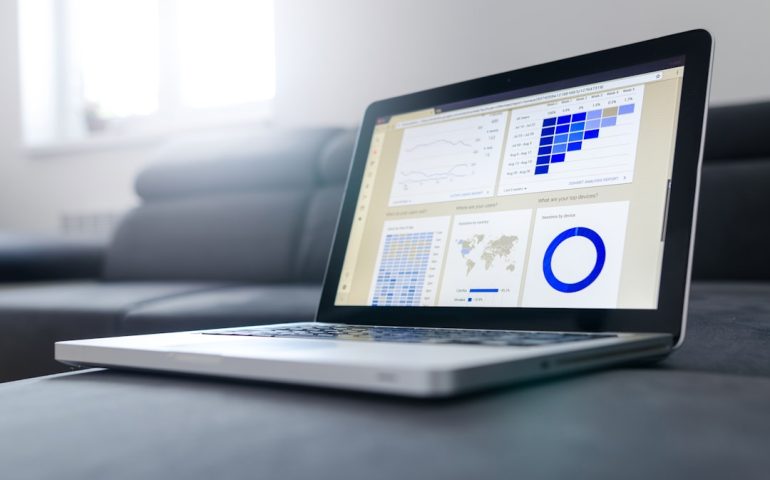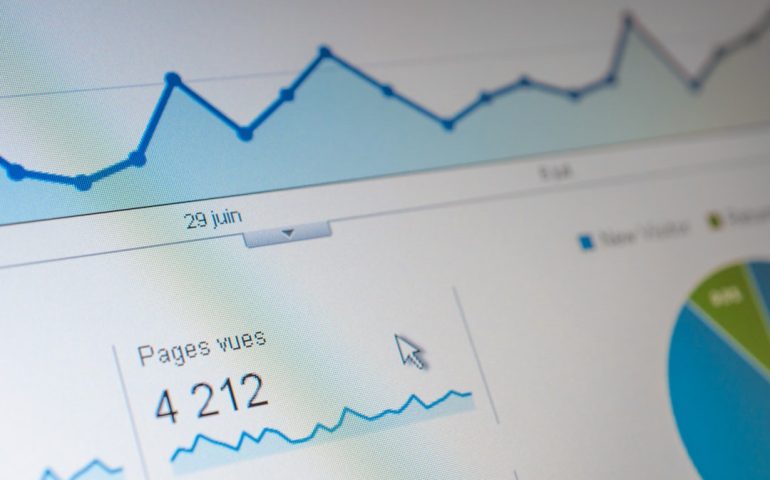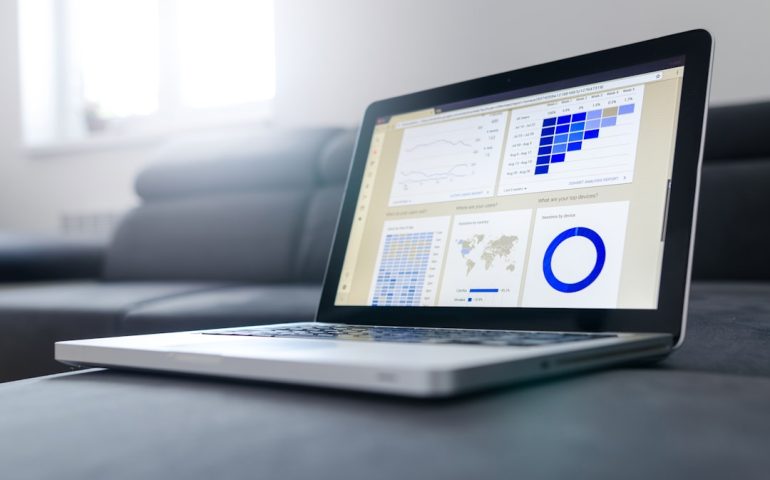06 Feb

Examining AI-integrated ERP systems that automate inventory processes, adapt to demand changes, and optimize reorder points.
In recent years, the landscape of enterprise resource planning (ERP) systems has undergone a significant transformation, primarily driven by the integration of artificial intelligence (AI) technologies. Traditional ERP systems have long been the backbone of organizational operations, providing a centralized
03 Nov

“The Evolution of Demand Forecasting with AI: From Historical Data to Real-Time Insights”
The practice of demand forecasting has evolved significantly over the centuries, tracing its roots back to ancient civilizations where merchants relied on rudimentary methods to predict the needs of their customers. In these early days, traders would observe seasonal patterns
27 Oct

A deep dive into how AI improves inventory tracking accuracy, reduces stockouts, and enhances demand forecasting.
In recent years, the integration of artificial intelligence (AI) into inventory tracking has revolutionized the way businesses manage their stock levels and supply chains. Traditionally, inventory management relied heavily on manual processes and basic software systems, which often led to
13 Aug

Comparing traditional demand forecasting methods with AI-powered approaches that incorporate real-time data and predictive analytics.
Demand forecasting is a critical component of supply chain management and business strategy, serving as a predictive tool that helps organizations anticipate customer needs and align their resources accordingly. By estimating future demand for products or services, businesses can optimize
09 Feb

Mastering Demand Forecasting with Inventory Management Software
Demand forecasting is a critical business function that involves predicting future product or service demand based on historical data, market trends, and other relevant factors. Accurate forecasting enables businesses to make informed decisions regarding production, inventory management, and resource allocation,